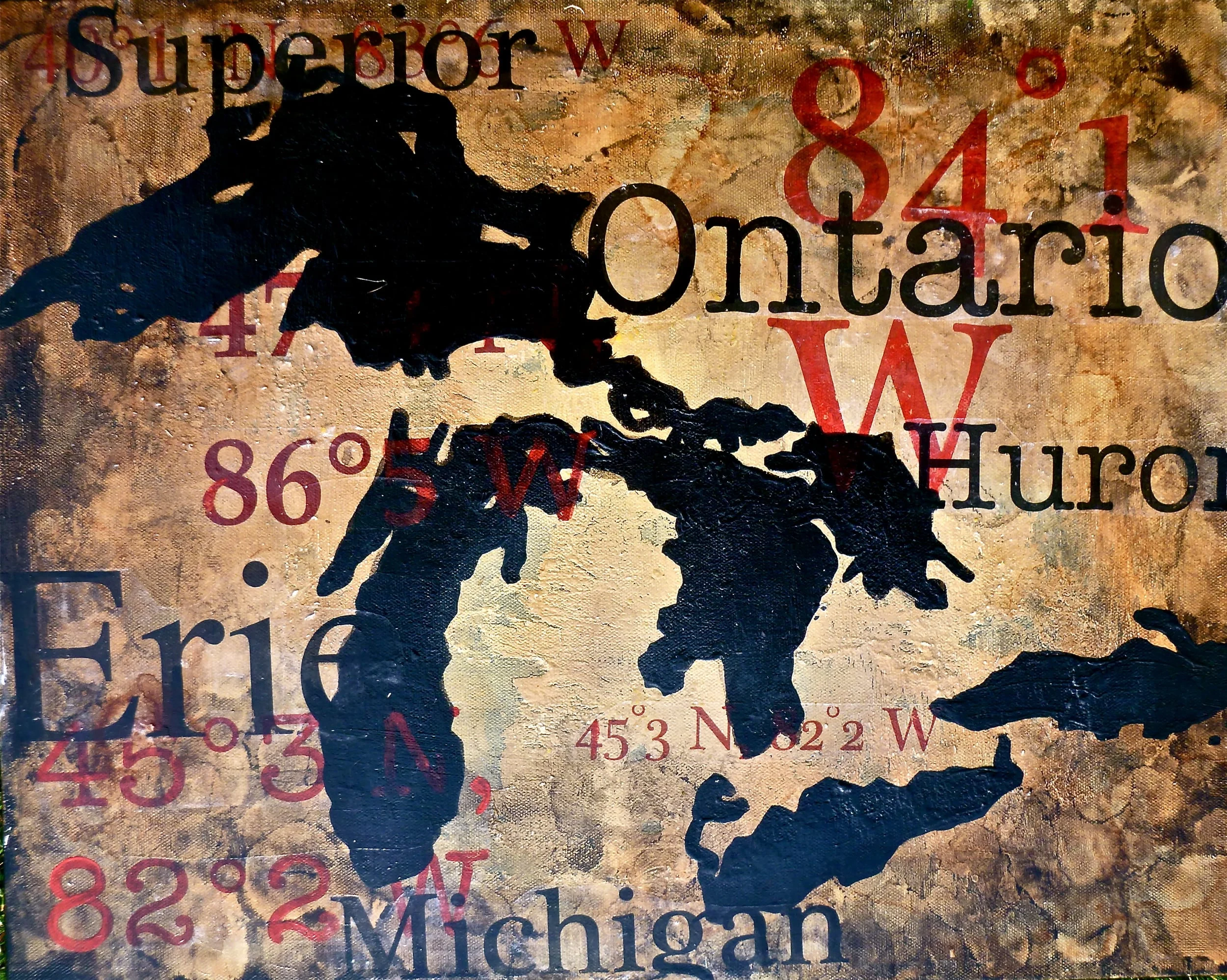Businesses struggle today in how to deal with the millennial workforce and yet, millennials are forcing the hands of companies to speak up and speak out on high profile environmental issues and on perceived social injustices.Where government fails to act, millennials are demanding their employer or the company's they do business with, step up to the plate to make an impact beyond their bottom line.
Investors are noticing the corporations filling a void left by government
In the past, the chief executives of America's largest companies hid behind associations to advocate for or against issues to avoid retribution from their employees or customers, Today, however is a different day and our employees and customer are asking our CEO's to speak up and speak out. And investor's are starting to notice.
Are association executives listening?
Associations have the power to influence policy. They just need to know how to channel that power.
Grassroots advocacy for associations must focus on THE RELATIONSHIP
Associations need greater member involvement in advocacy efforts
When do CEOs make their personal views public?
If speaking up results in public backlash, the business leader should be prepared to deal with the issue and work with their PR and legal team to get in front of it. Whether it is holding a news conference, publishing an op ed or posting a Tweet. Words do matter and they should be communicated carefully.
When the community benefits we all benefit
When the community benefits we all all benefit. That is one of the reasons why voters in the City of Detroit passed a community benefit agreement (CBAs) for projects receiving government funds or tax breaks. partner with a local consultant who is familiar with the people, places, personalities and politics of the region.
Life is a Sprint, Not a Marathon
In today's economic and political climate, companies need to work hard to gain or build trust, especially if it is a company that impacts the environment. While companies do have politically outspoken CEOs or active corporate social responsibility programs they need to find ways to meaningfully engage the community. This includes understanding the personalities and politics of the issues, familiarizing oneself with the influential community groups, knowing the political leaders in the community and finding ways to build trust and valued relationships to show that your company wants to make a meaningful impact in their community and that you are willing to work with them, no matter what their concerns are. By doing so, you can advance your agenda while respecting local concerns and end up with mutual gains.
Who will save Michigan?
How Flint Can Find Resolution Through Chaos
While every community is different, many issues are the same. However, when the issue becomes emotional or even political, finding a solution becomes difficult but not impossible. To help facilitate that process, they need to bring in a neutral third party who is sensitive to the politics of the problem, familiar enough with the people involved, but not connected to anyone so that they can help facilitate ways to bring a resolution forward.
How to Avoid WICKED Problems
Despite the festive aurora of Halloween we are surrounded by wicked problems. They affect a lot of people and for a company they can disrupt business or even change the industry. To deal with these problems, companies need to be agile and both need to deal with issues quickly and easily before an issue becomes a wicked problem.
A Union Rediscovering Itself Through Social Media
RELATIONSHIPS MAKE THE DIFFERENCE
Public affairs professionals with a solid reputation in the community and one who is familiar with the stakeholders and the issues important to them, can then help develop strategic and meaningful relationships, long before a high profile and often controversial project is announced. That professional can then create a community roadmap to help the project team navigate through the minefields of any project. They will help minimize risk and help anticipate barriers to seeing projects to their completion.
Minimizing Risk & Delay Through Public Engagement and The Media
WORK THE PORCH & BUILD RELATIONSHIPS
Making Policy Without Playing Politics
Daniel Cherrin, founder of North Coast Strategies, spoke at Wayne State University Urban Public Policy Resolution Conference on stakeholder engagement, "Giving Voice To The Community." This is his presentation on The Third Way -- The Way Forward and how we can take the politics out of the policy making process.


















